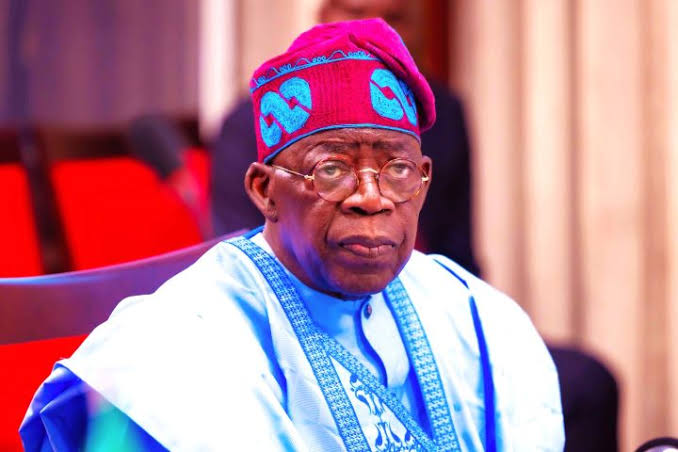Electricity generation companies in Nigeria have called on President Bola Tinubu to urgently schedule a meeting with them over the N4.7 trillion owed to operators in the sector.
Though no official date has been announced, the Gencos stressed the need for prompt action, saying delays could worsen the already fragile state of the power industry.
Speaking to our correspondent, the Managing Director and CEO of the Association of Power Generation Companies, Joy Ogaji, said while the sector is hopeful about the Federal Government’s recent pledge to settle outstanding debts, urgency is critical.
Ogaji confirmed that the generation firms have already sent a formal request detailing their concerns to the government.
The appeal follows a recent high-level meeting in Abuja between the Minister of Power, Adebayo Adelabu, and top executives of Gencos. At the meeting, the government disclosed that President Tinubu would soon meet with the power producers to address the growing liquidity crisis and debt burden threatening to cripple electricity supply nationwide.
In a statement issued by the minister’s spokesperson, Bolaji Tunji, the Federal Government reaffirmed its readiness to tackle the N4.7tn debt.
It said part of the payment would be made in cash, while the remainder would be settled through promissory notes within six months.
Ogaji, who attended the Abuja meeting, noted that erratic gas supply, persistent payment defaults, and severe exchange rate fluctuations have deeply affected Genco operations.
She cited the steep depreciation of the naira—from N157/$ in 2013 to about N1,600/$—as a major hurdle in servicing loans and maintaining infrastructure.
Despite these challenges, she said Gencos have continued operating under difficult conditions, enduring grid instability, policy inconsistencies, and what she described as “unjustifiable” taxation.
Previously, the Gencos had sounded the alarm over the unpaid debts, revealing that they are owed about N2tn for electricity supplied in 2024 alone, in addition to N1.9tn in outstanding legacy obligations.
Reacting to the situation, Minister Adelabu acknowledged the gravity of the crisis, calling it a national emergency that requires decisive financial intervention.
“At the very least, the government should make a significant upfront payment, then use debt instruments for the balance,” he said.
“We must act quickly to stabilise the sector and avoid a collapse.”
Also speaking at the meeting, retired Colonel Sani Bello, Chairman of Mainstream Energy and a key figure in the Gencos’ association, warned that the industry’s survival is at risk due to the growing debt and liquidity constraints.
He noted that operations have been severely impacted, leaving companies with little capital for system upgrades or routine maintenance.
Supporting the concerns, Kola Adesina, Chairman of both Egbin Power and First Independent Power Limited, stated, “This is no longer just a business issue—it’s a national crisis. Reliable electricity is the backbone of industries, homes, and hospitals. The nation cannot afford to let this sector fail.”
